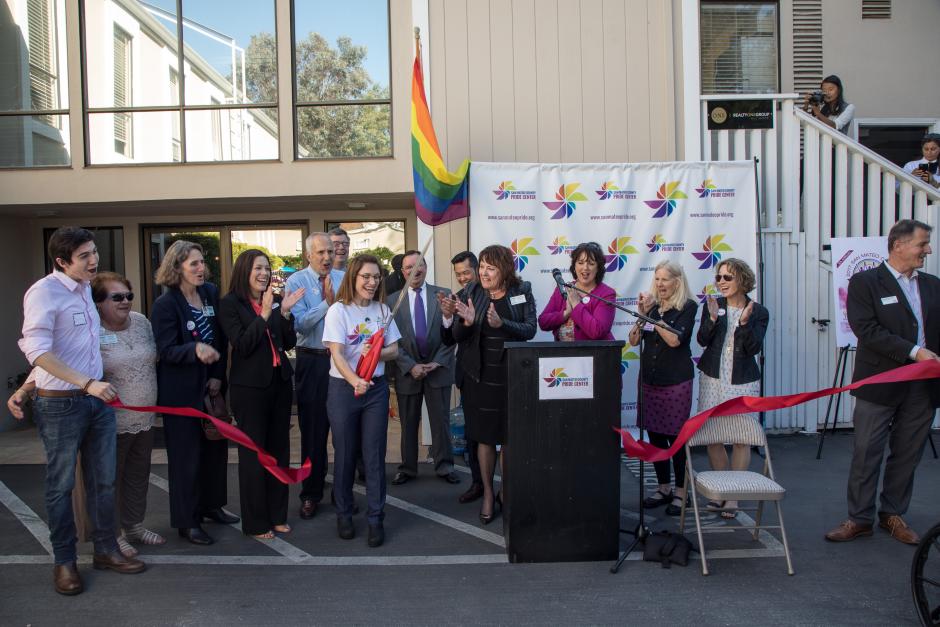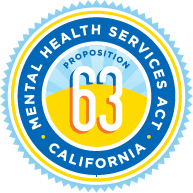Mental Health Services Act Update
Prop 63
New MHSA Innovations (INN) Funding Cycle
The Mental Health Services Act (MHSA) INN component allows counties to fund projects which develop new best practices in behavioral health. Planning for INN projects is tied to the MHSA three-year planning process. The most recent MHSA needs assessment engaged over 400 diverse stakeholders including clients/consumers and family members, youth, parents, community-based agency representatives, isolated and higher need communities, MHSA-funded programs and the MHSA Steering Committee. Based on the findings of this assessment, technology innovations will be prioritized in upcoming funding cycles, and the priority communities and needs being considered include:
- Isolated/hard-to-reach adults and older adults.
- Youth treatment and crisis.
- Housing support services.
- Transportation.
- Culturally relevant services.
Next steps include gathering input and feedback on a suite of technology projects that have been proposed and approved by the California Mental Health Services Oversight Commission. These projects include peer chat and digital therapeutics, virtual evidence-based therapy and the use of passive smartphone data for early detection and intervention. To learn about these proposed projects and provide feedback, please visit the MHSA website and subscribe to receive updates.
Current Innovation Projects Update
In July 2016, we launched three INN projects and are excited to release the first-year evaluation reports.
Pride Center
 The Pride Center opened in a central
location in San Mateo County, accessible to public
transportation. It is too early to measure whether access to
behavioral health services has increased for the LGBTQ+
community, but the Center reached more than 1,000 people in its
first month. The Pride Center staff are developing strategies to
address access for all geographic and demographic subgroups in
the county, and will be receiving Medi-Cal certification, which
may increase the number of people it can serve.
The Pride Center opened in a central
location in San Mateo County, accessible to public
transportation. It is too early to measure whether access to
behavioral health services has increased for the LGBTQ+
community, but the Center reached more than 1,000 people in its
first month. The Pride Center staff are developing strategies to
address access for all geographic and demographic subgroups in
the county, and will be receiving Medi-Cal certification, which
may increase the number of people it can serve.
“The Pride Center is a great place where me and my family can just be,” said one San Mateo County high school student. “I love the atmosphere, the support, the intersectionality and all the rainbows!”
Health Ambassador Program for Youth (HAP-Y)
The first year of HAP-Y implementation focused on recruitment and training of Youth Ambassadors. Only preliminary data is available to answer the first evaluation question: To what extent does participating in HAP-Y build the Youth Ambassadors’ capacity to serve as mental health advocates? Post training, Youth Ambassadors reported feeling more comfortable talking about mental health, part of the community, more comfortable speaking up and engaging in productive disagreements, that their opinion was important, and that they could listen to other people’s opinions and try to understand each other’s perspectives. In the following years, measures will include how HAP-Y influences mental health knowledge and mental health stigma, youth access to mental health services and the mental health system as whole. For more on HAP-Y, check out this article <link to HAP-Y article>.
Neurosequential Model of Therapeutics (NMT) in an Adult System of Care
During its first year of implementation, 12 providers within the BHRS Adult System of Care began NMT training and served 20 diverse clients. As was to be expected, providers experienced some difficulties in learning and adapting the NMT approach to an adult population, including clients’ ability to recall information about past experiences, the length of the assessment and the natural learning curve of the trainees. Over the next year, client-level data will continue to be collected to examine changes in behavioral health outcomes.
